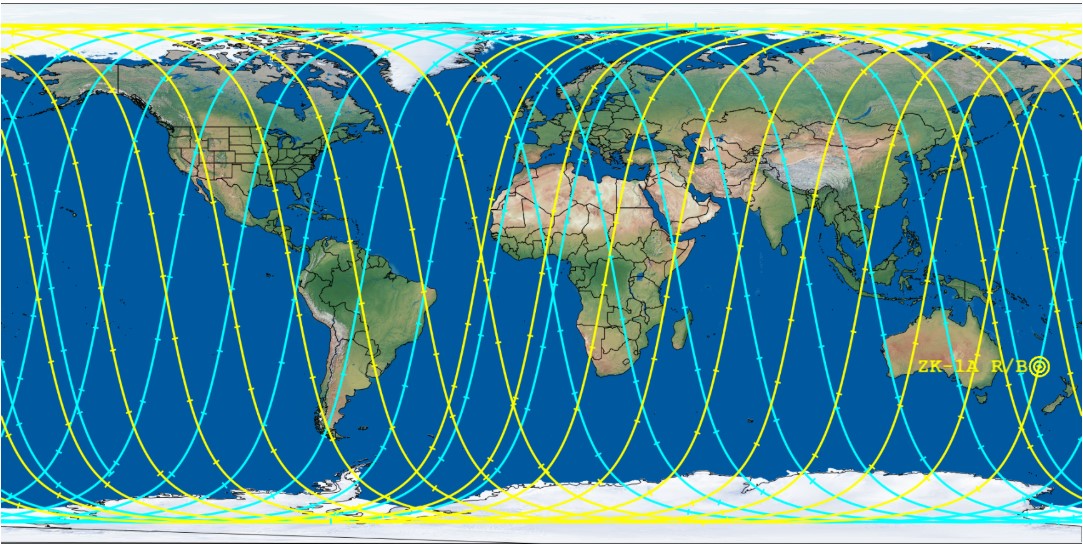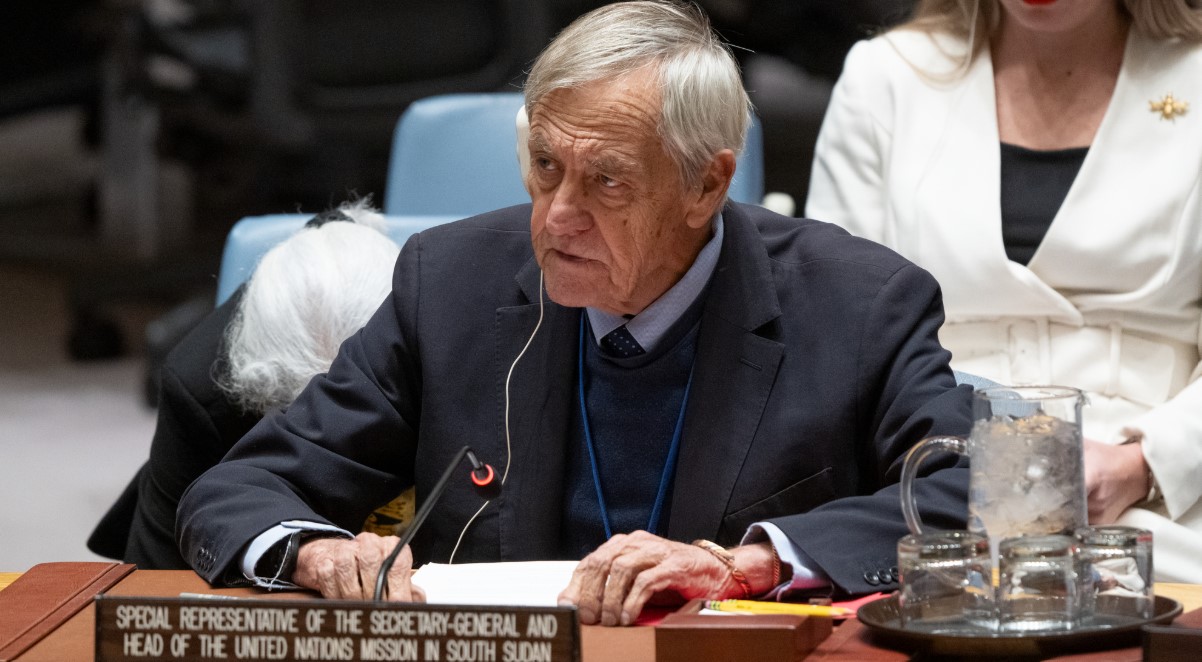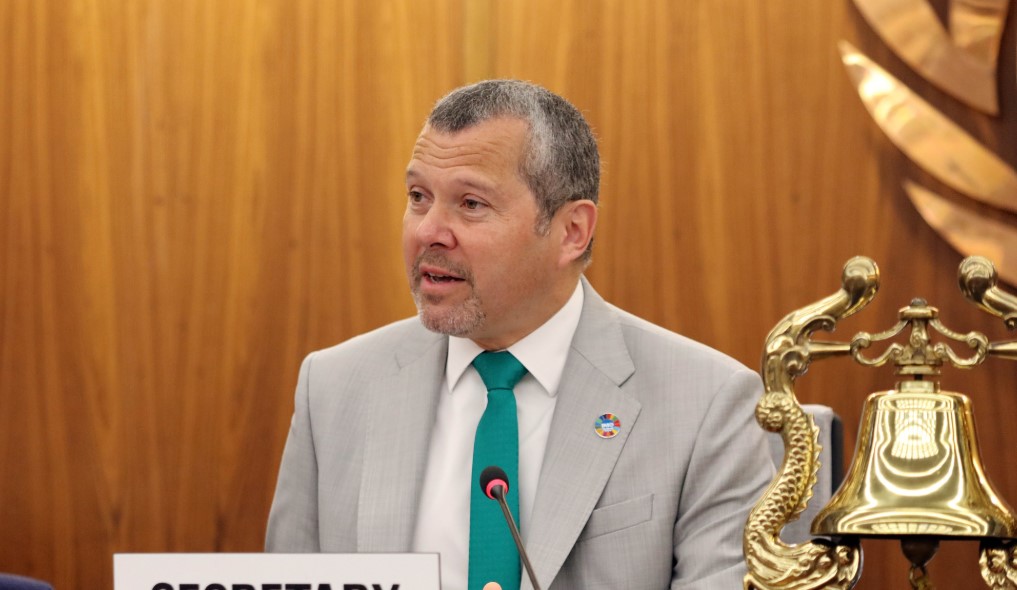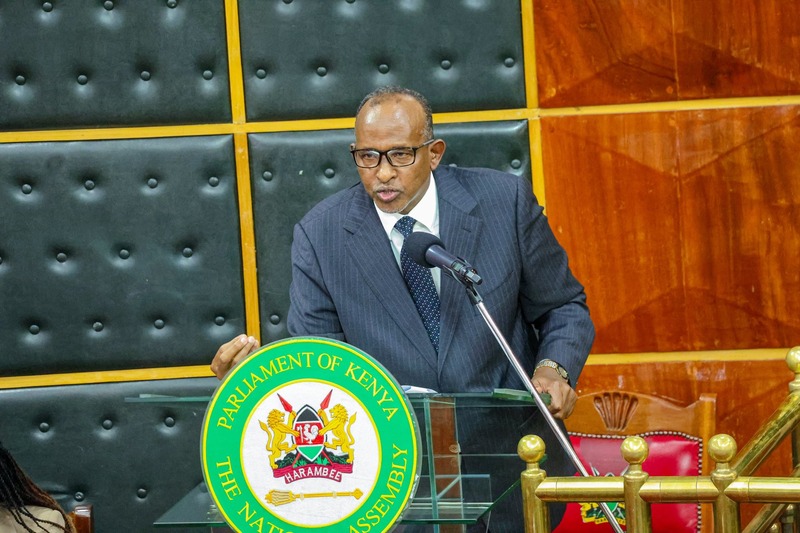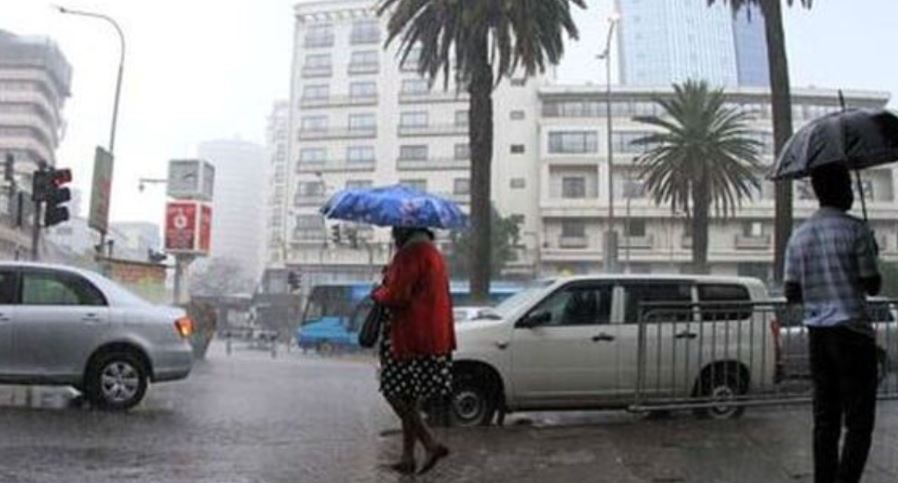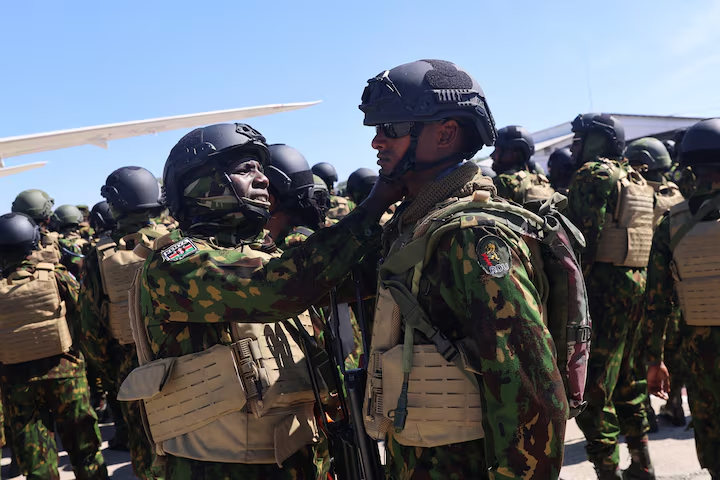Kenya, United Arab Emirates sign comprehensive agreement to deepen trade and investment ties
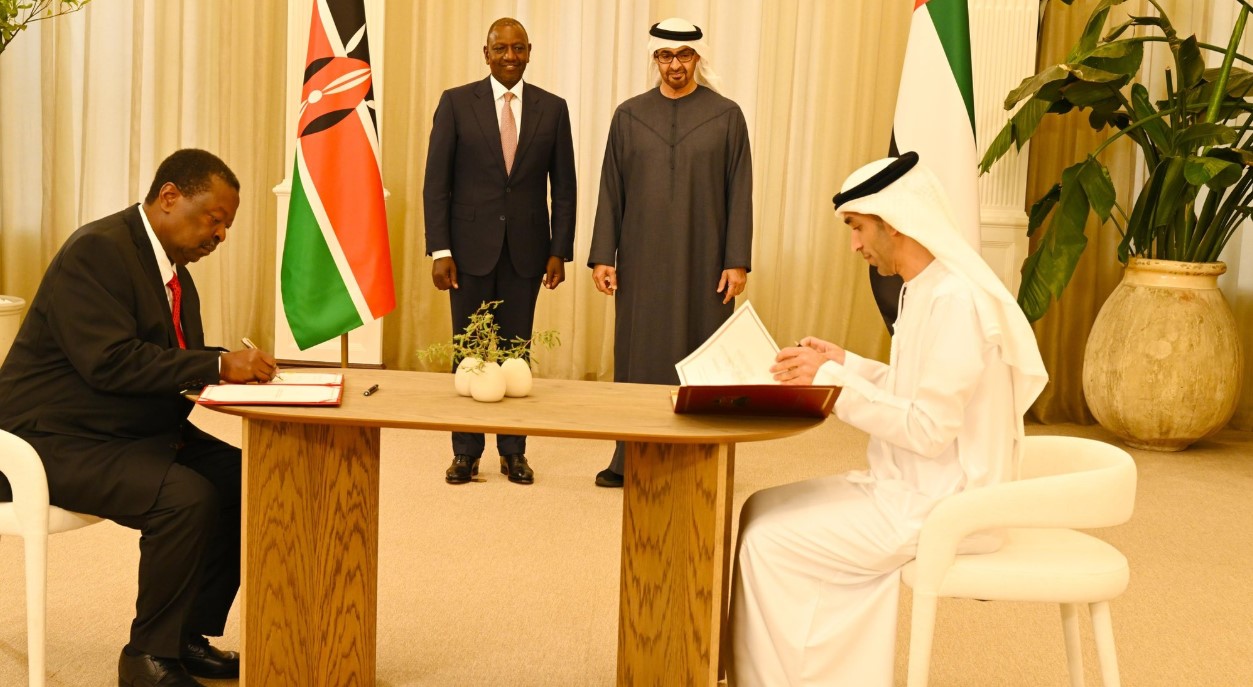
Ruto described the CEPA as a significant milestone in economic cooperation and reaffirmed Kenya's commitment to achieving mutual prosperity through the pact.
Kenya and the United Arab Emirates (UAE) have signed a comprehensive economic partnership agreement (CEPA), a landmark deal aimed at deepening trade and investment ties, strengthening supply chains, and expanding market access across the Middle East and Africa.
The long-awaited agreement was signed on Tuesday in Abu Dhabi, following delays that had stalled initial plans to finalise it in Nairobi during a planned state visit by the Emirati ruler.
More To Read
- Ritual murder of children: Study in Ghana and Kenya explores who's doing it and why
- Lee: Trump's new tariff policy brings challenges and opportunities for Kenya
- Dialogue on China-Africa green cooperation held in Kenya
- Gor Mahia coach Sinisa Mihic talks Kenya, coaching, and surprising confession about Zdravko Logarusic
President William Ruto thanked the Emirati ruler, Sheikh Mohamed bin Zayed Al Nahyan, for his commitment to enhancing bilateral relations.
Significant milestone
He described the CEPA as a significant milestone in economic cooperation and reaffirmed Kenya's commitment to achieving mutual prosperity through the pact.
"The CEPA will also provide the UAE with investment opportunities in the energy, water, agriculture, health, airports, logistics, and ICT sectors. This aligns with the government's policy of reducing borrowing while enhancing foreign direct investment and public-private partnerships," Ruto stated.
The agreement was signed by UAE Minister of State for Foreign Trade, Dr Thani bin Ahmed Al Zeyoudi, and Kenya's Prime Cabinet Secretary and Cabinet Secretary for Foreign and Diaspora Affairs Musalia Mudavadi.
The CEPA builds on the already expanding UAE-Kenya economic relations, with bilateral non-oil trade reaching $3.1 billion (Sh401.4 billion) in the first nine months of 2024, reflecting a 29.1 per cent increase compared to the same period in 2023.
Kenya's economy, among the most promising in Africa, posted a real GDP growth of 5.6 per cent in 2023, with projections estimating an average of 5.2 per cent between 2024 and 2026.
The services sector, contributing 53.6 per cent of Kenya's GDP, and agriculture, which accounts for about a quarter of the GDP, present significant opportunities for UAE investors seeking to expand in the region.
The CEPA is expected to accelerate investment flows in high-growth sectors such as ICT, banking, tourism, infrastructure, and renewable energy.
Foreign trade remains central to the UAE's economic strategy, serving as a core element of its ambition to double its economy to over $800 billion by the end of the decade.
Other Topics To Read
Top Stories Today


